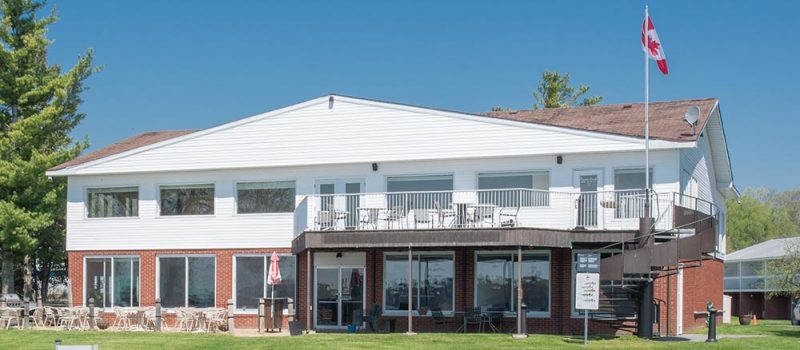
Drug Rehab Treatment Always Address Mental Health
At least one in every five Canadians experiences a mental illness or a substance abuse every single year. Look around and think that it could be a friend, a co-worker, the person bagging groceries at the local shop or the one who just walked pass on the street. For most of the times it’s virtually impossible to realize or better yet, understand the complexity of the struggles many are battling inside.
People who are already struggling with mental health problems are twice more likely to develop a drug addiction and over 20% are already there. What’s even more devastating is that a significant number are of young age and the associated stigma makes it even more difficult for them to voice their concerns and seek appropriate help.
Imagine that in Canada, about 90 % of the private rehab centres are 12-step based, about 4% are religious based and 2% bootcamp or behavioural modification based, which leaves little room for drug treatment clinics that offer full mental health support for their clients. On the other hand, many of the programs that are available have the capacity to only address relatively mild forms of mental illnesses, particularly those related to mood or anxiety, and not the more severe ones. It cannot be stressed enough how dangerous this is and the long-term effects it inflicts to people dealing with a co-occurring substance abuse making them more susceptible to relapse. However, integrated treatment that looks at individuals as a whole and works to address the full spectrum of symptoms and disorders has been shown to lower these risks. According to one study, in clients living with moderate-to-severe dual diagnosis disorders when the drug abuse treatment was paired with targeted mental health care, the outcomes have seen major improvements.
Related article: The Connection Between Substance Abuse And Mental Health
On the other hand, people who have a genetic predisposition to mental health problems and who abuse certain drugs are increasing their risk of developing such a disorder. For instance, a person with a family history of schizophrenia who also heavily abuses marijuana will significantly increase the risk of triggering psychotic symptoms. In the context of Canada’s recent green light to legalizing the drug, many curious children and adolescents are exposed to a risk they might not even be aware of.
The solution is a treatment approach known as dual diagnosis which, as the name suggests, looks at both mental health illnesses and the substance abuse. Dual diagnosis is built to taken into consideration the various different symptoms and the treatment resistance that may occur more severely than in people who deal with either one or the other. The rehabilitation plan is carefully put together by a highly specialized professional who is able to carry out thorough physical examination and psychological assessments. The treatment is then individualized to include a safe detox step, counselling and therapy as well as self-help and post-treatment management.
Only half of Canadians would be willing to discuss a mental illness problem with their friends or acquaintances, compared to 72% willing to talk about a cancer diagnosis. Call 1000 Islands Addiction Rehab & Treatment Centre for addiction treatment programs.
Related article: Drug Abuse and Addictions: Warning Signs To Look Out For


